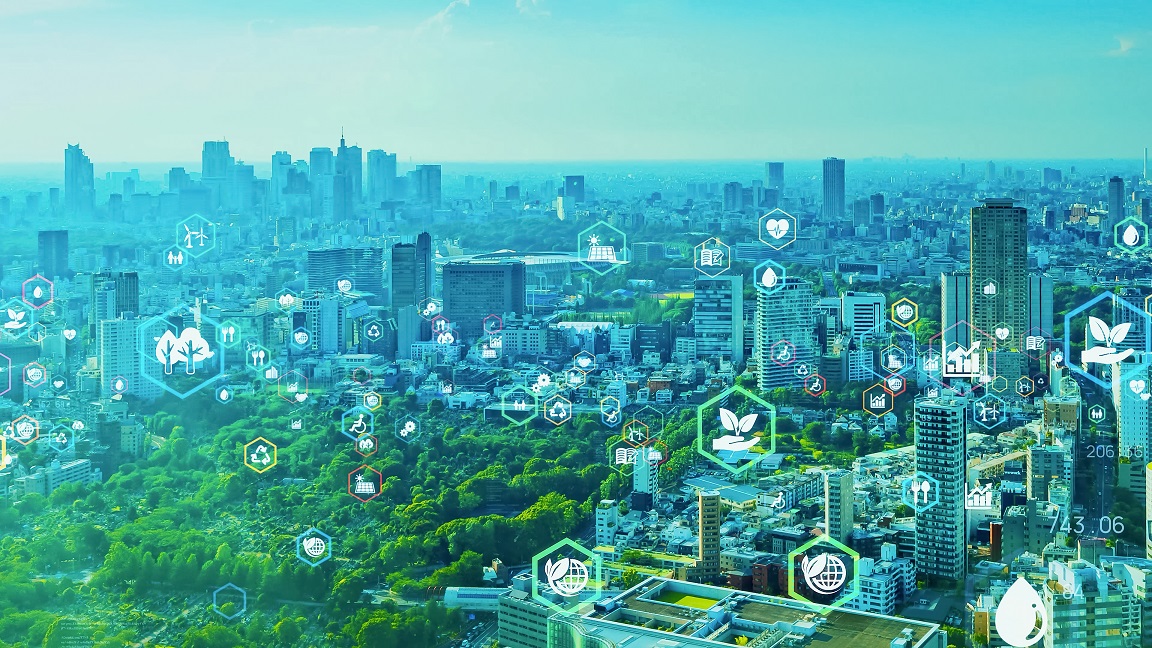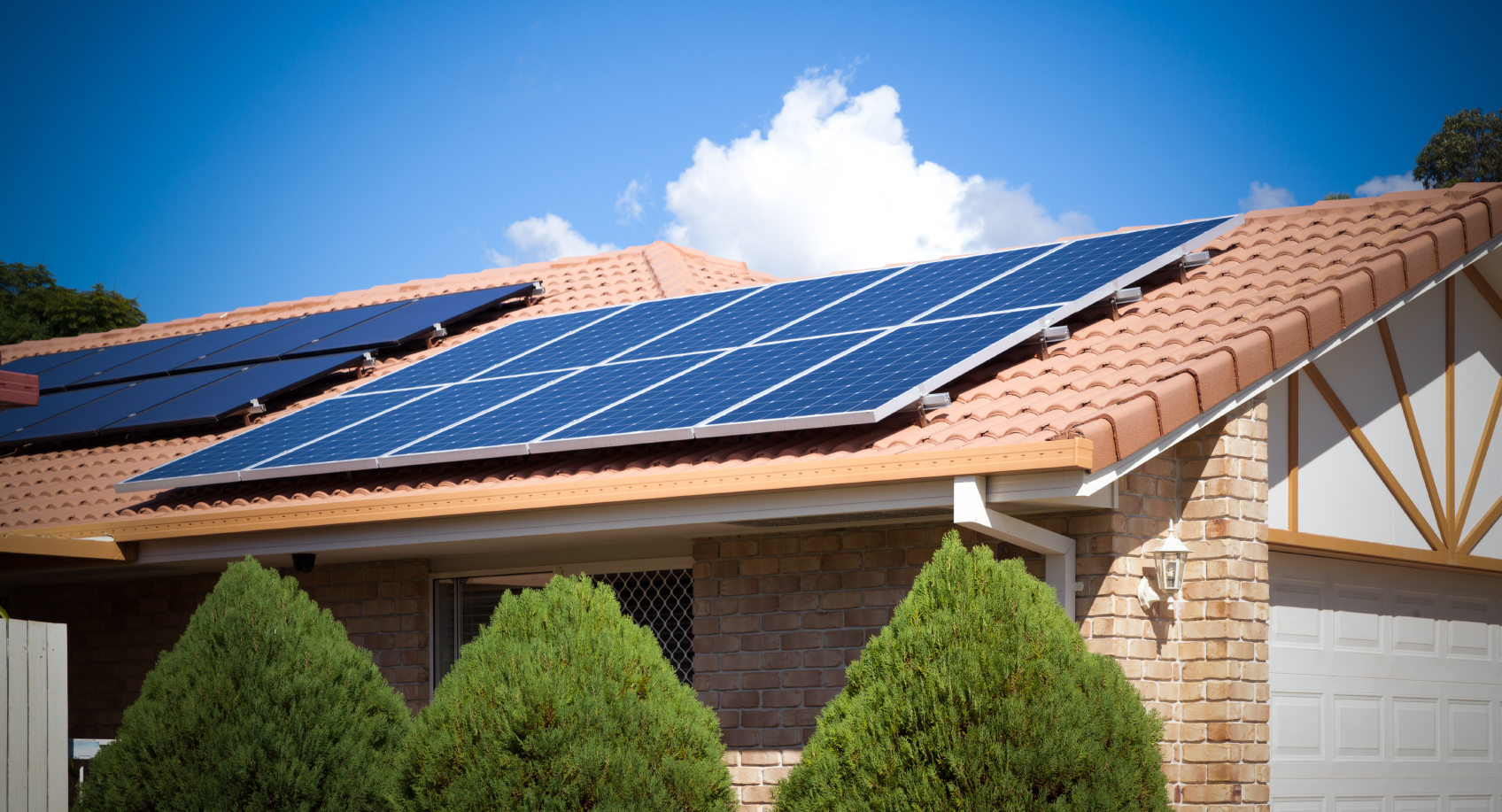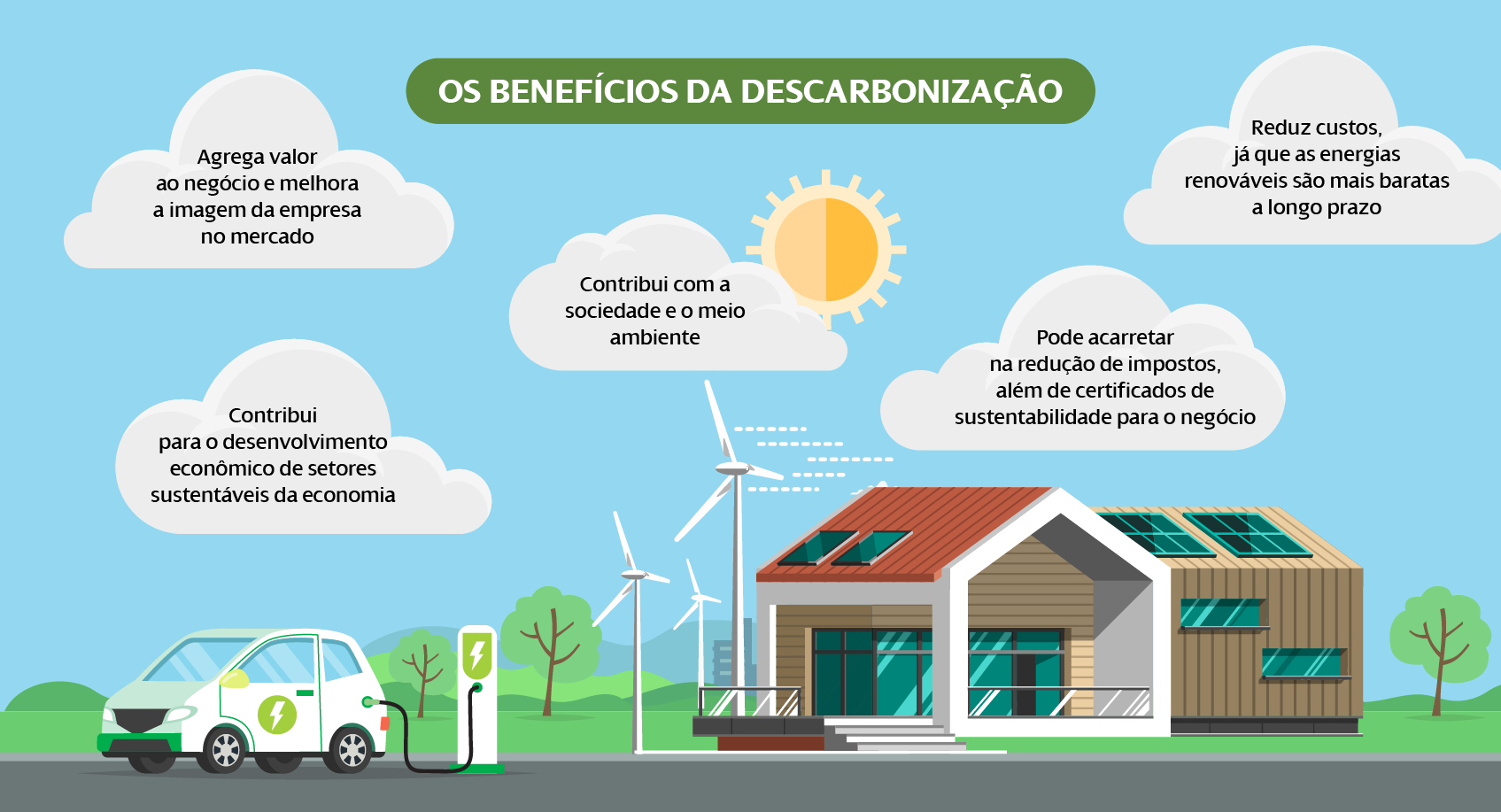- Products and Solutions

Decarbonization
Learn about decarbonization, the role of energy transition in reducing CO₂ emissions, and how to put the low-carbon economy into practice.
Decarbonization: meaning and advantages of a low carbon economy
Fossil fuels have been the world's main source of energy for centuries. The problem is that the burning of these substances releases a large amount of carbon dioxide (CO₂) into the atmosphere, which is highly polluting. This process contributes to global warming and even to the proliferation of respiratory diseases in the population.
The gases emitted by industries and gasoline or diesel-powered vehicles are very harmful to the environment and to people's health. Over the years and with the increase in pollution caused by these energy sources, more efficient actions are required to improve this scenario.

What is decarbonization?
Decarbonization is when fossil fuels, which emit carbon dioxide, are replaced by renewable energy sources. It is the quest to reduce and, in the long term, eliminate CO₂ emissions by companies and individuals.
Decarbonization of the electricity sector
Renewable energies, derived from natural resources, are the main allies in the decarbonization process. Using solar energy, for example, is one of the ways to invest in the carbon reduction regime and work towards an increasingly sustainable future for the entire planet. This movement, combined with energy efficiency and investments in technology and innovation, are the basis for the low-carbon energy transition.
What are the benefits of the Energy Transition?
According to a recent Accenture study, most companies around the world face difficulties in achieving the goal of “Net Zero Emissions”. Only 18% of the 2,000 largest global organizations are on track to achieve this goal by 2050.


How to put decarbonization into practice?
As the major emitters, large companies play a key role in the decarbonization process, but individuals can also do their part, since this is a process that aims to bring quality of life and well-being to everyone. Some important decarbonization actions:The challenges of decarbonization
Some factors are essential for an efficient low carbon economy, but there are still many challenges to achieve Net Zero:- High initial investment, however, in the long term, it is cheaper;
- New technologies are required for decarbonization to expand, particularly in terms of engines;
- Lack of knowledge about decarbonization, leading to low investment in the process;
- People must be made aware of the need to invest in and adopt a sustainable culture.
Neoenergia Actions
As one of Neoenergia's main strategies, reducing gas emissions has permeated the company's path throughout its history, with the goal of reaching zero emissions by 2050. The company implements a series of measures that reinforce and contribute to this mission. In line with the Sustainable Development Goals (SDGs), established by the United Nations (UN), one focus it SDG 7, aimed at ensuring reliable, sustainable, modern and affordable access to energy for all. SDG 13 is also one of the company’s priorities, as it focuses on taking urgent measures to combat climate change and its consequences.
Find out some decarbonization initiatives implemented by Neoenergia: